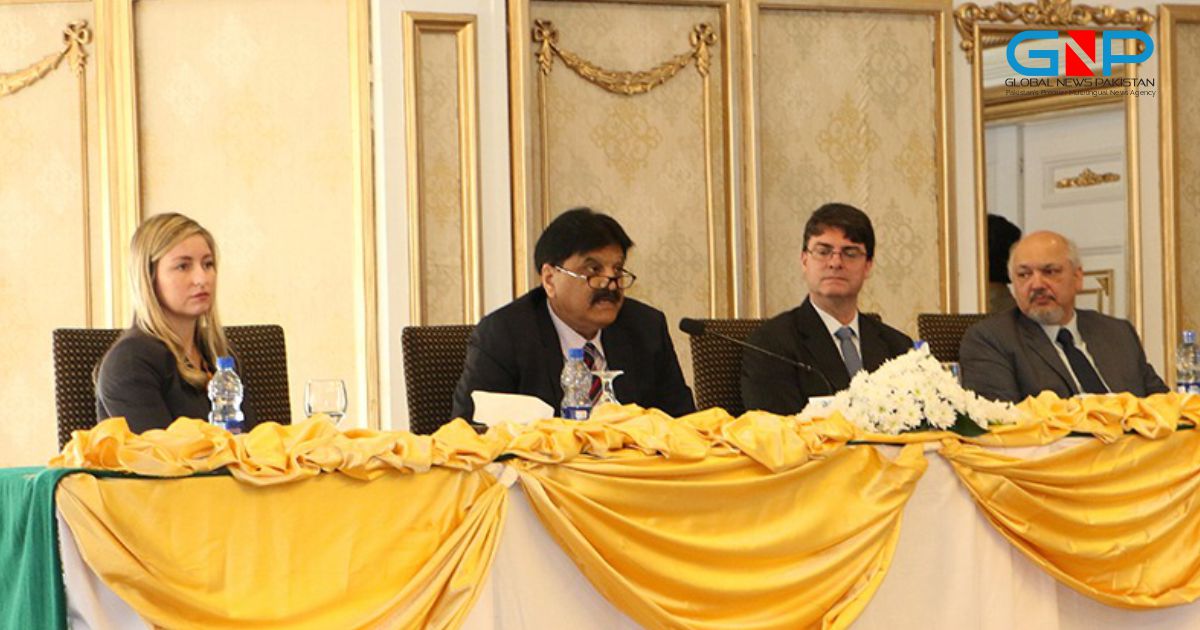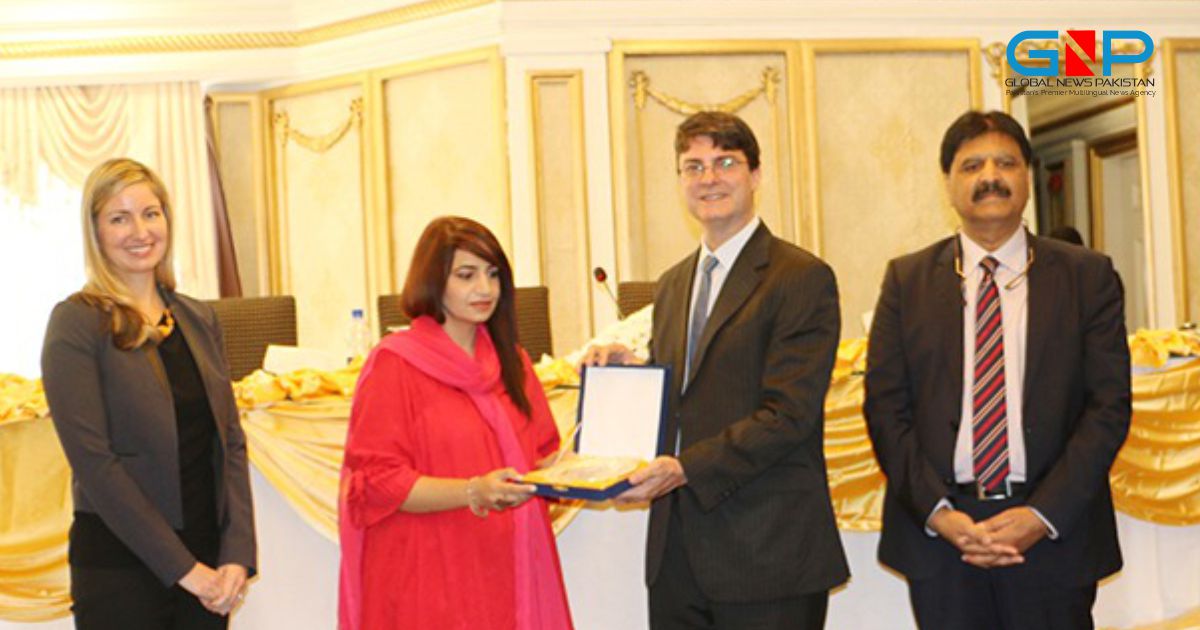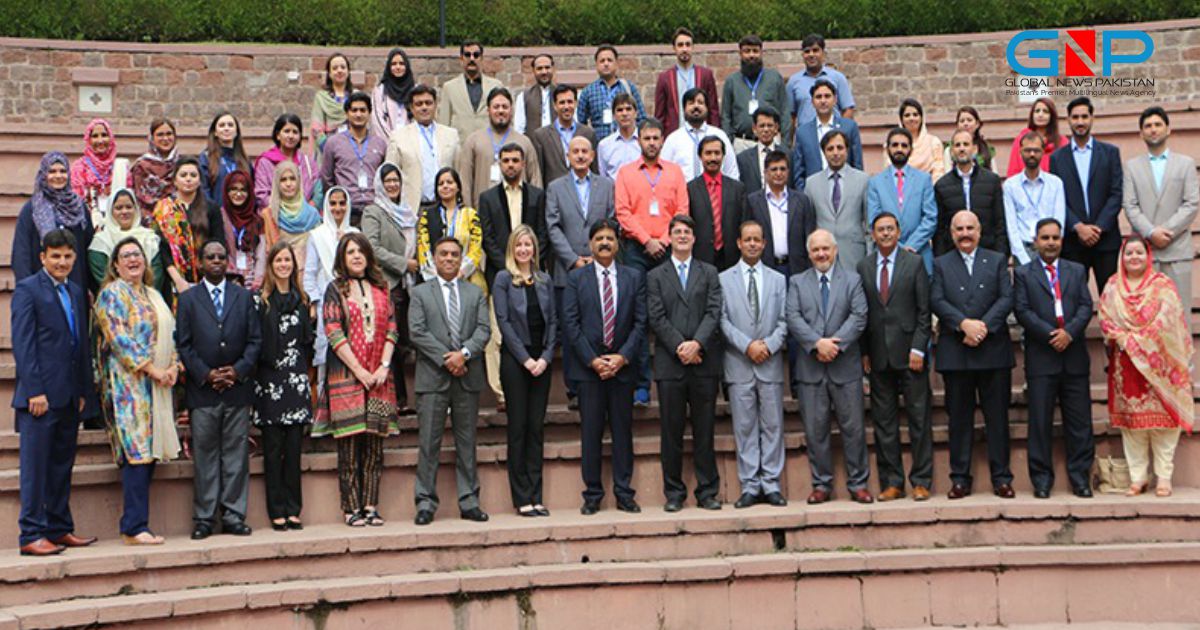Bhurban Murree, 4 October 2019: (GNP) The United Nations Office on Drugs and Crime (UNODC) has organized a week long training of Trainers (TOT) in collaboration with Ministry of Narcotics Control, Government of Pakistan for the drug treatment professionals of Pakistan at Peral Continental Hotel Bhurban, Murree with the support of United States Bureau of International Narcotics and Law Enforcement Affairs (INL).
Substance use disorders constitute a public health, developmental and security problem, both in industrialized and developing countries worldwide. Prevention and treatment of drug use disorders are essential demand reduction strategies of significant public health importance and form part of the 2030 Agenda for Sustainable Development Goals as Target 3.5 of Goal 3 Health for All.
A national drug survey was conducted in Pakistan in 2012 with the purpose of estimating the patterns and prevalence of drug use and addiction in the country. This study provided reliable baseline information on the prevalence and patterns of drug use among the population aged 15 to 64. A series of surveys was conducted throughout the four provinces and Azad Jammu and Kashmir, including interviews of 4,533 high-risk drug users; 58 drug treatment centre representatives; 1,198 key informants; and 51,453 participants randomly selected from the general population. The survey revealed that approximately six per cent of the population, or 6.7 million people had used any controlled substance including misuse of prescription drugs, in the last year.
Building on the results obtained by the Colombo Plan-led UTC implementation in the country, International NL has requested UNODC to take over the UTC process from the CP and to submit a proposal to complete the project in the coming 24 months. This proposal therefore provides the elements which UNODC considers are necessary in order to ensure an effective, realistic and timely implementation of the UTC activities in Pakistan. To further facilitate the effective treatment and rehabilitation of patients and ultimately to reduce the socio-economic burden inflicted by drug dependence in Pakistan the training was planned with the main objective of the Training of the Trainers was to introduce participants to modern training methods and facilitation competencies. Hence to utilizes and deliver training on the evidence-based UTC curriculum, so the participants shall be able to deliver training effectively on the UTC curriculum, to facilitate and to promote learner engagement for critical thinking. They should also learn the use of appropriate levels of intervention when approached with difficult training situations through train, direct, lead, listen, observe and support methodology; Following goal are set for the training course:
• Enhance the quality of treatment services, expansion of the continuum of care provided to persons with substance use disorders (SUDs) and their families and increased efficiency of treatment programmes
• Enhance the competency of Pakistan SUD practitioners through knowledge and skills-based training to ensure that implemented practices are evidence-based and treatment services are structured and affordable
• Ensure National and sustainable ownership of the UTC training programme by closely coordinating with the Government of Pakistan (GOP) agencies such as NCD/ANF and the Ministry of Health in incorporating trainings in their academia/training curricula and incorporating the material into local universities
UNODC’s new Country Representative to Pakistan, Mr Jeremy Milsom, welcomed the participants and applauded the efforts of all members of the Universal Training Committee from Ministry of Narcotics Control, Health and Education institutions for being proactive for the UTC programme being implemented by UNODC in Pakistan. He also thanked the INL State Department of US for their support to UNODC.
Talking at the occasion Secretary Ministry of Narcotics Control Mr. Amjad Javed Saleemi PSP said,” The Government of Pakistan through the Ministry of Narcotics Control ensure to enhance efforts aimed at enhancing the capacity of drug treatment professionals and supporting evidence-based drug dependence treatment services in the country. There is a need for collective and coordinated actions from the Government, private and non-government organizations to scale up the existing drug prevention and drug treatment interventions which are evidence based and in line with International standards for drug prevention and treatment. The Ministry fully supports the drug dependence treatment and care services which are based on scientific evidence and on ethical standards.
Representing the Bureau of International Narcotics and Law Enforcement Affairs Department, Ms. Lauren Meehling (Counter Narcotics, Corrections and Rule of Law Officer) congratulated UNODC and Ministry of Health for focussing on such training where with a special focus on capacity building for the delivery of evidence-based drug dependence treatment and care services in Pakistan through the implementation of the UTC training strategy.
This programme was made possible with the financial contribution from Bureau of International Narcotics and Law Enforcement Affairs Department (INL) US State Department. (GNP)




